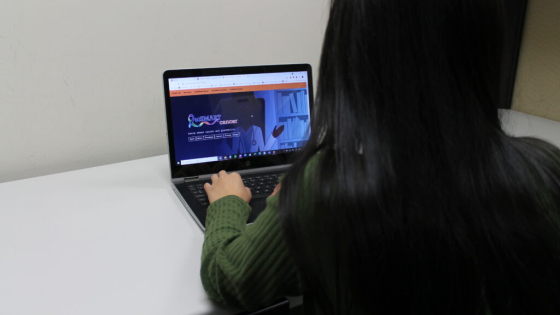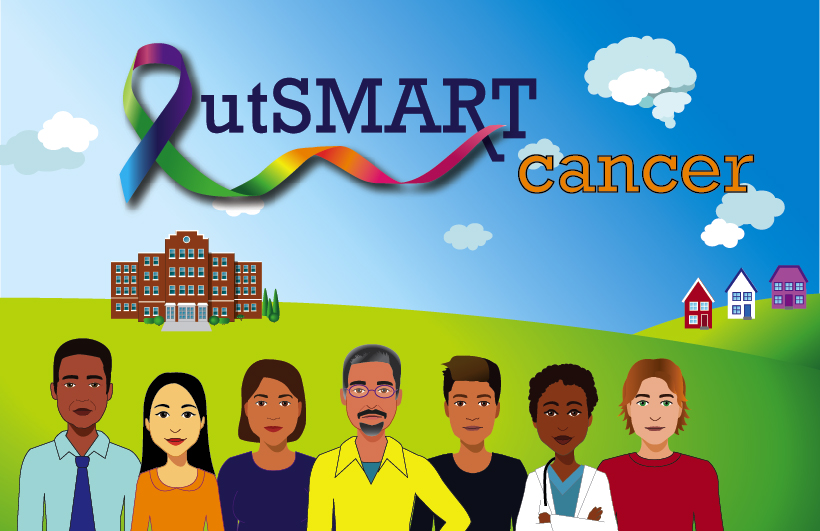Introduction
Cancer is one of the leading causes of death in the United States and the fourth leading cause of death in adolescents, followed by accidents, suicide, and homicide. Additionally, members of racial/ethnic minorities, people living in rural areas with limited access to health care and/or of lower socioeconomic status report having higher rates of cancer with worse outcomes. Studies have shown unhealthy lifestyle factors significantly contribute to cancer diagnosis among adolescents. Nearly half of all cancer diagnoses among adolescents are subject to five main lifestyle factors: tobacco use, alcohol consumption, eating habits, lack of exercise, and unprotected sunlight exposure. Prior research indicates there is a significant knowledge gap among youth about their perceived susceptibility and cancer risks. Given this gap, it is essential to include youth voices and perspectives in the development of a serious game to heighten relevance for young people. Since adolescents are highly engaged users of digital technology, and educational games can foster positive health behaviors, we have the potential to affect change with a well-designed serious game for adolescents. To our knowledge, there have been limited cancer prevention education programs designed and tailored for youth in U.S. schools. Thus, it is critical to educate vulnerable adolescents about cancer prevention because they are at a pivotal time of susceptibility and active learning of healthy behaviors to decrease their cancer risks.
Serious Games
“Serious games” are digital tools that promote positive health behaviors by offering innovative learning methods for delivering health information. While serious games have been shown to be successful in cancer medication adherence and self-advocacy during cancer treatment, a theory-driven serious game to educate youth about cancer and how to reduce cancer risk has not been developed and evaluated to date. Serious games can encourage active engagement and foster positive health behaviors, thus, we have the potential to affect change with a well-designed serious game targeted for adolescents. Because of their frequent use and repetitive nature, serious games are an ideal educational tool for positive health impact. They have been shown to enhance learning and reinforce content by providing immediate feedback to the player. While serious games have been successful in cancer medication adherence and self-advocacy during cancer treatment, a serious game that teaches adolescents about cancer basics and risk has not been found in the literature to date.
Our long-term goal is to determine whether a game-based intervention can improve adolescents’ cancer knowledge and reduce risky behaviors. This research builds upon Dr. Abraham’s prior ICTR-funded work focused on a serious game-based intervention to promote safe prescription opioid use.
OutSMA℞T Cancer Game
OutSMA℞T Cancer focuses on cancer prevention among adolescents using an iterative engagement process. The initial conceptualization of the game was informed by Dr. Abraham’s Serious Game Behavior Change Framework and the Cancer Clear & Simple curriculum created by the University of Wisconsin-Madison Cancer Health Disparities Initiatives. In addition, preliminary data from a mixed-methods, participatory pilot study, “Cancer Awareness Among Teens,” funded by the American Cancer Society and the UW Carbone Cancer Center, provided the foundation of OutSMA℞T Cancer. This serious game aims to provide game-based cancer education targeted towards adolescents. Adolescents are meant to learn to make healthy lifestyle choices while receiving cancer education along the way. Through acquiring this information, the adolescent will be able to make an educated and safe choice if these situations ever arise in real life.


